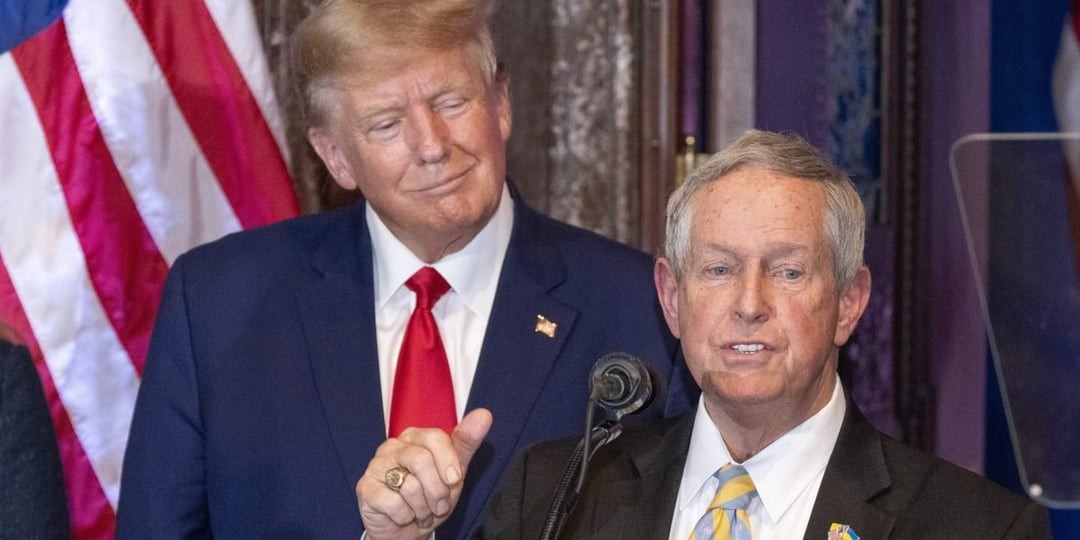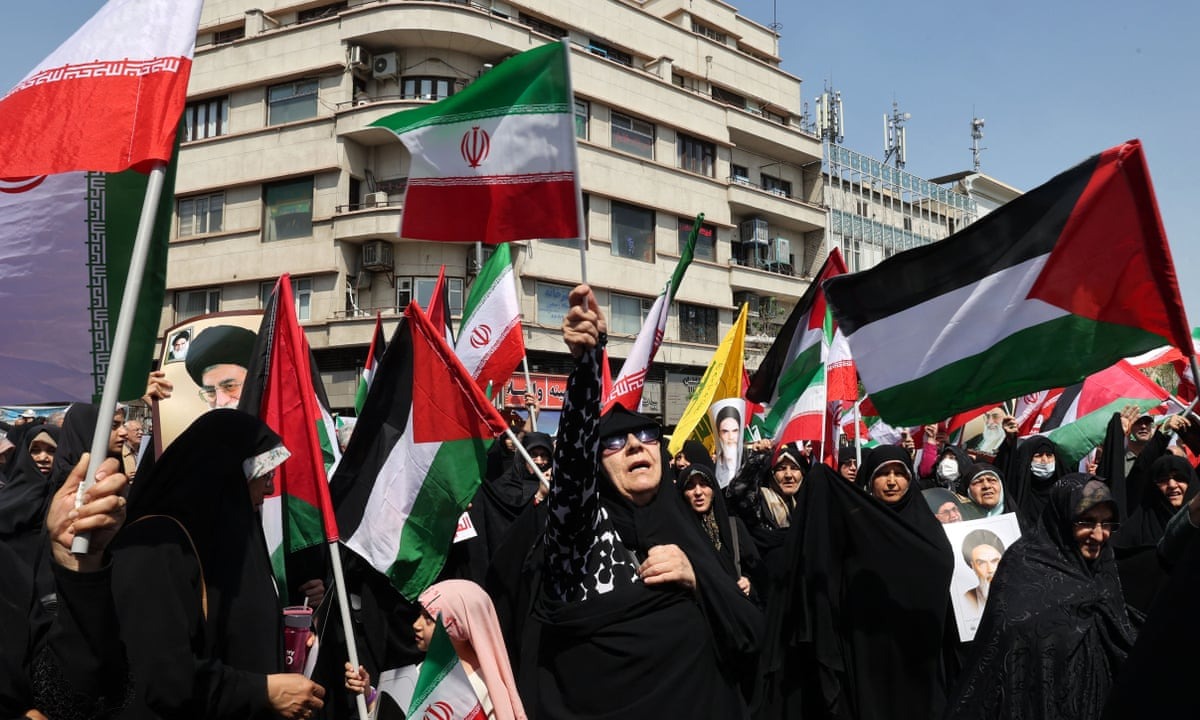Civil liberties groups are expressing grave concerns about a bill moving through Congress that seeks to impose travel restrictions on Americans visiting Iran using U.S. passports.
They perceive this bill as part of a broader trend toward governmental control over citizens’ travel and an attempt to prevent Iranian Americans, in particular, from maintaining connections with their friends and family in Iran.
Ryan Costello, the policy director at the National Iranian American Council, emphasized the troubling nature of the bill, noting that it marks the beginning of a process of criminalizing a common activity—traveling to Iran—for many individuals.

He argued that as American citizens, people should have the freedom to travel wherever they choose without government interference.
The bill, which passed the U.S. House recently along with several other sanctions bills targeting Iran, is now scheduled to be reviewed by the Senate Foreign Relations Committee. Titled the No Paydays for Hostage-Takers Act, the bill aims to invalidate U.S. passports for travel to Iran, effectively prohibiting American citizens from visiting the country.
While the State Department would need to enact the prohibition, the legislative proposal encourages such action, and any decision to waive the authority could carry political repercussions.

There are concerns that if Donald Trump secures a second term in the White House, the travel ban would likely be implemented. During his first term, Trump enforced a “Muslim ban,” which included Iranians among other nationalities, and has expressed intent to reinstate it if reelected.
The concept of banning travel to Iran on American passports was first suggested by former Trump State Department official Elliott Abrams, a conservative figure with a controversial past.
While many Iranian Americans possess Iranian passports and travel on them, those without Islamic Republic travel documents would be effectively barred from visiting Iran under the proposed ban. Critics view this measure as a step toward further isolating the Iranian people and severing people-to-people ties between Iran and the U.S.


